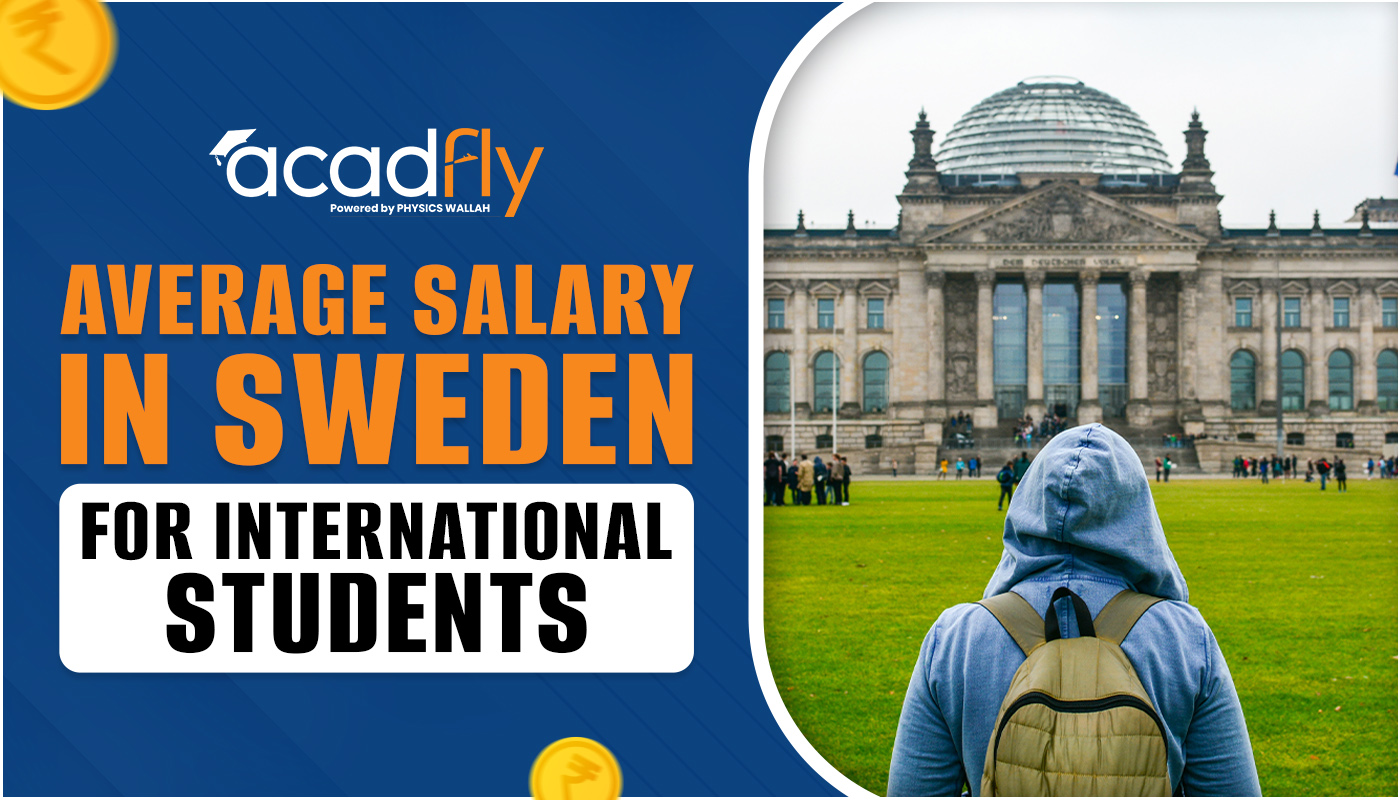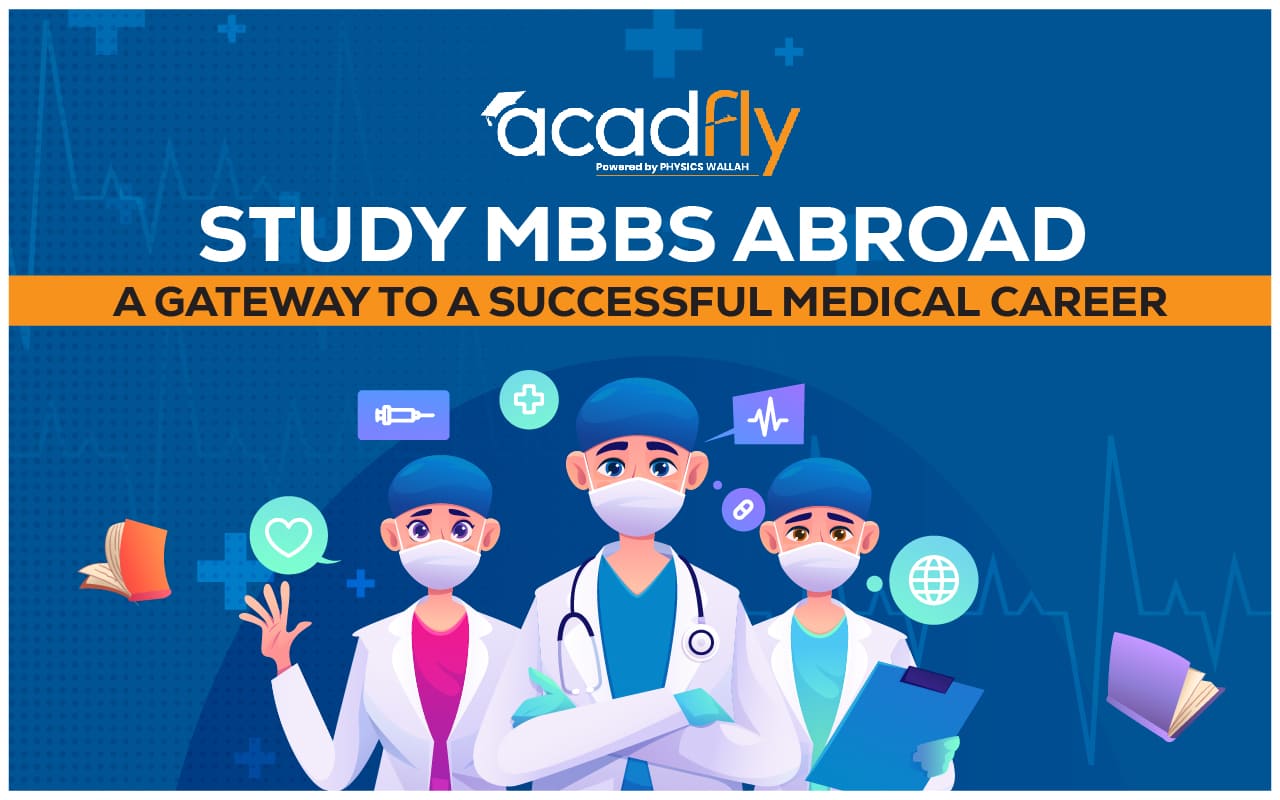
What After MBBS Abroad: Pursuing an MBBS abroad is an increasingly popular option for Indian students seeking quality education and broader global exposure. Countries like Russia, Ukraine, the Philippines, China, and Georgia have emerged as significant destinations due to their structured medical education systems, English-medium instruction, and relatively affordable fees. However, a common and crucial question that arises after completing an MBBS from a foreign university is: What after MBBS abroad? Provided here is the various postgraduate (PG) options available to students who have completed their MBBS abroad. It discusses opportunities both in India and overseas, shedding light on licensure, eligibility, entrance exams, and long-term career planning.
What After MBBS Abroad?
After earning an MBBS degree from a foreign country, many graduates find themselves at a crossroads. Their next steps largely depend on their aspirations, whether they wish to return to India and practice, or continue their medical journey abroad through further studies or specialisation. The decision should be based on multiple factors including recognition of the degree, availability of postgraduate seats, long-term career goals, and personal preferences.
PG Options in India After MBBS Abroad
For foreign medical graduates planning to return and build their careers in India, there are several postgraduate (PG) pathways available after completing an MBBS abroad, each requiring specific qualifications and regulatory approvals.
1. Clearing the FMGE (Foreign Medical Graduate Examination)
Before pursuing postgraduate studies or practicing in India, every foreign MBBS graduate must clear the FMGE, conducted by the National Board of Examinations (NBE). This exam is mandatory for those who hold an MBBS degree from institutions outside India and wish to register with the Medical Council of India (MCI), now subsumed under the National Medical Commission (NMC). Without clearing FMGE, students cannot apply for internships or register for any postgraduate entrance exams in India.
2. Internship in India
After passing FMGE, students must complete a mandatory one-year rotatory internship in a recognized hospital in India. Only upon successful completion of this internship can a graduate be considered a fully qualified medical practitioner in India.
3. NEET PG Examination
Post internship, students can appear for the NEET PG exam, which is the gateway to pursuing MD/MS and diploma courses in India. NEET PG is a highly competitive exam, and securing a seat in a government medical college is challenging due to limited availability. For students who ask “what after MBBS abroad,” appearing for NEET PG is a primary route if they wish to specialize and practice in India.
4. DNB Courses
Apart from MD/MS, students can also consider Diplomate of National Board (DNB) programs. DNB courses are offered in accredited hospitals across India and are recognized by the NMC. These programs are often considered equivalent to MD/MS and are open to foreign MBBS graduates who have cleared FMGE and completed internship.
PG Options Abroad After MBBS Abroad
For students who do not wish to return to India immediately or prefer to continue their career outside, various postgraduate opportunities are available internationally. The specific pathways and requirements vary by country.
1. United States – USMLE Pathway
The United States offers one of the most structured and globally recognized postgraduate medical education systems.
-
Foreign medical graduates must clear USMLE Step 1, Step 2 CK, and Step 3.
-
After clearing USMLE, candidates must apply for a residency program via the NRMP (National Resident Matching Program).
-
Specialization options include Internal Medicine, Surgery, Pediatrics, Psychiatry, and more.
2. United Kingdom – PLAB & GMC Registration
For medical graduates looking to settle or specialize in the UK, the PLAB (Professional and Linguistic Assessments Board) is the standard route.
-
PLAB Part 1 and Part 2 test clinical skills and English proficiency.
-
On clearing both parts, candidates can register with the General Medical Council (GMC) and apply for Foundation Year 2 or core training positions.
3. Canada – MCCQE and Residency Match
Canada requires international medical graduates to pass the MCCQE Part I exam and, in some provinces, Part II.
-
Candidates then apply for a residency through the Canadian Resident Matching Service (CaRMS).
-
Proficiency in French is required in certain provinces.
4. Australia – AMC Exams
Australia offers postgraduate medical opportunities through the Australian Medical Council (AMC) exams.
-
The AMC pathway includes a MCQ exam and a clinical skills assessment.
-
After completing these, candidates undergo supervised training before applying for specialty training.
5. Germany – Medical License and Facharzt Training
Germany provides a relatively low-cost PG medical education system but requires fluency in German (B2/C1 level).
-
Foreign graduates must undergo an Approbation (medical license) process.
-
After licensure, they can apply for Facharzt (specialist training) in hospitals.
6. Russia, Ukraine, China & Other Countries
Students who completed their MBBS in these countries may also pursue PG studies there, but they must ensure that the degree is globally recognized. Language barriers and local licensing requirements must be taken into account.
Non-Clinical and Alternative Career Paths
1. Public Health (MPH)
-
Suitable for roles in the WHO, NGOs, policy-making
-
Available in the USA, UK, Canada, Australia
2. Hospital Administration
-
MHA or MBA in Healthcare Management
-
Jobs in healthcare institutions, government bodies
3. Medical Research and PhD
-
Opportunities in academia, Pharma R&D
4. Clinical Trials & Medical Writing
-
Jobs in pharmaceutical firms and contract research organisations
Comparative Overview of PG in India vs Abroad
| Criteria | PG in India | PG Abroad |
|---|---|---|
| Exam | FMGE + NEET PG / NEXT | USMLE, PLAB, AMC, MCCQE |
| Language Barrier | No | Yes (in some countries like Germany) |
| Cost | Moderate | Varies (USA high, Germany low) |
| Recognition | Limited to India | Global |
| Competition | Extremely High | Country-dependent |
| Work Opportunity | Limited | Wider (some allow PG + job + PR) |
Deciding what to do after MBBS abroad is one of the most important steps in a candidate's medical journey. Candidates can opt for postgraduate studies in India through the NEXT or NEET PG exams, or pursue global opportunities via the USMLE, PLAB, or AMC exams. Alternatively, candidates can explore non-clinical careers like public health or medical research.
What After MBBS Abroad? PG Options in India & Abroad FAQs
Can I pursue PG in India after completing MBBS abroad?
Is FMGE mandatory for PG studies in India?
What are the alternatives if I did not clear FMGE?
Can I directly pursue PG abroad after MBBS abroad?








